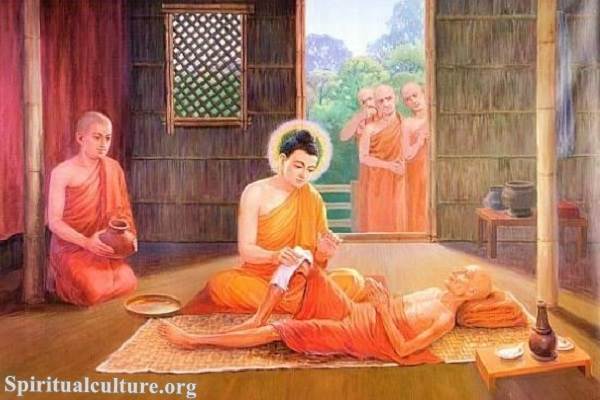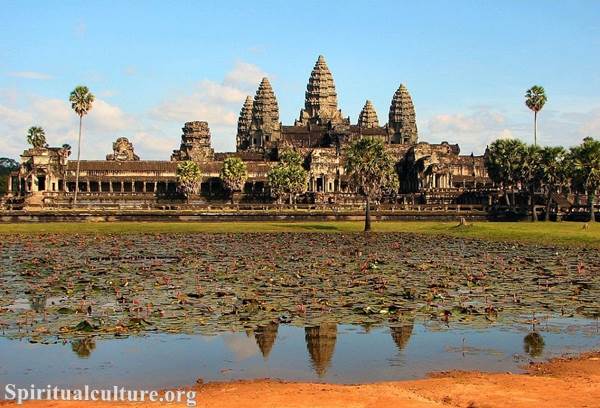1. “The Heart of the Buddha’s Teaching” by Thich Nhat Hanh
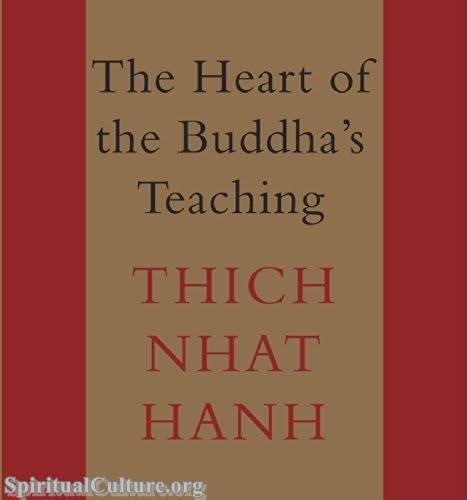
“The Heart of the Buddha’s Teaching” is a book by Vietnamese Zen master and peace activist Thich Nhat Hanh. It is a comprehensive introduction to the Four Noble Truths and the Noble Eightfold Path, the central teachings of Buddhism. The book explores these teachings in a practical and accessible way, emphasizing their relevance to daily life and their ability to bring about peace, understanding, and happiness. It is considered as a classic introduction to Buddhism and its practice.
2. “Buddhism for Dummies” by Jonathan Landaw
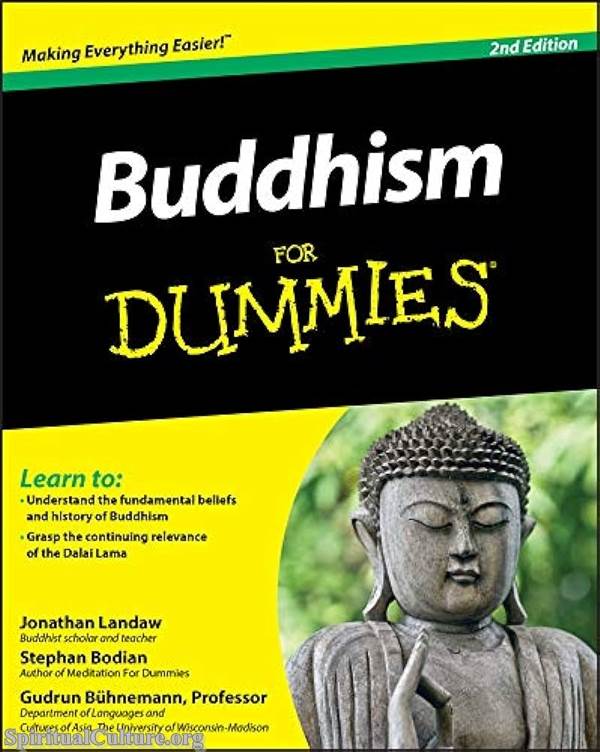
This book is a comprehensive guide to Buddhism’s history, beliefs, and practices. It covers the life and teachings of the Buddha, the development of Buddhism in India and Asia, and Buddhism’s various schools and traditions. It also provides information on meditation, rituals, and other practices. The book is written in an easy-to-understand style, making it a great introduction to Buddhism for beginners.
3. “Zen Mind, Beginner’s Mind” by Shunryu Suzuki
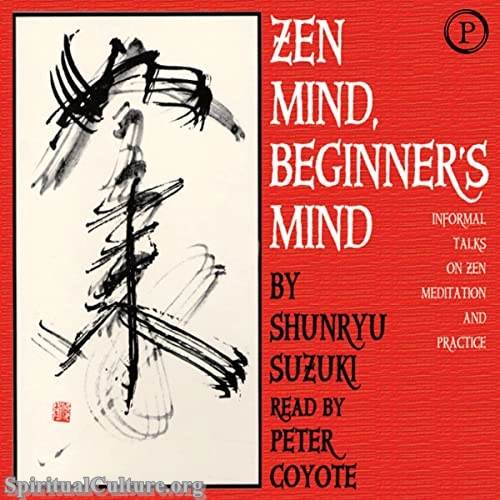
This classic book is an introduction to Zen Buddhism, the spiritual tradition that emphasizes cultivating mindfulness and insight into the nature of reality. The author, Shunryu Suzuki, was a Zen master and the founder of the San Francisco Zen Center. The book encourages readers to approach their practice with an open and curious mind rather than trying to understand it intellectually.
4. “Introduction to Buddhism” by Geshe Kelsang Gyatso
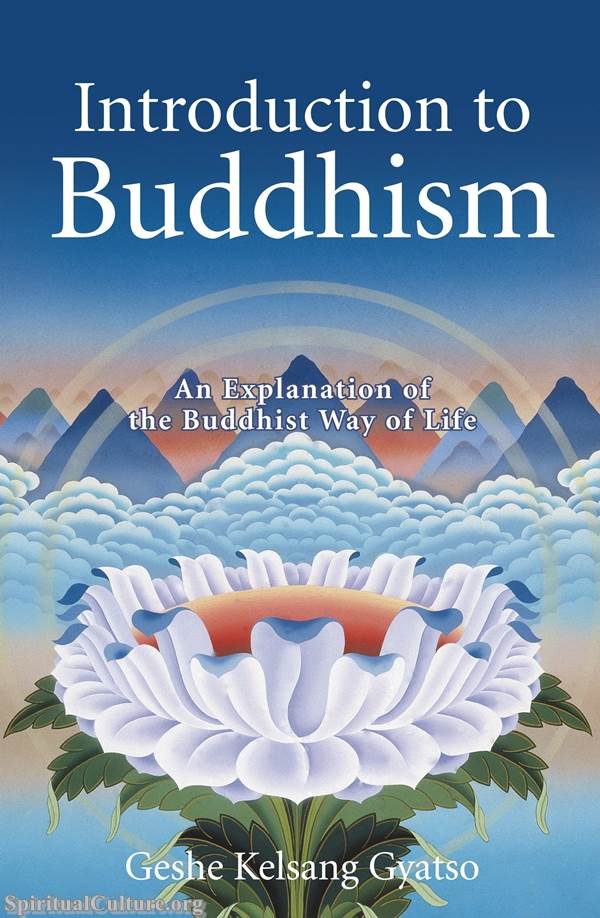
This book provides a comprehensive introduction to Buddhism’s key teachings and practices based on the Kadak teachings of the New Kadak Tradition of Tibetan Buddhism. Geshe Kelsang Gyatso is a highly respected teacher in the Tibetan Buddhist tradition and the author of many books on Buddhism.
5. “The Miracle of Mindfulness” by Thich Nhat Hanh
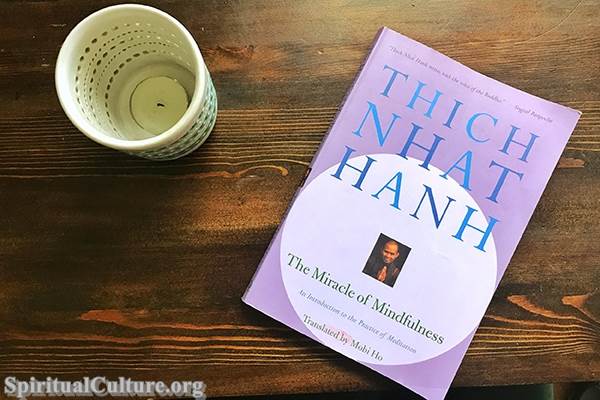
“The Miracle of Mindfulness” is a book written by Vietnamese Zen master, teacher, author, and peace activist Thich Nhat Hanh. First published in 1975, the book is a guide to practicing mindfulness and integrating it into daily life. It covers a range of topics such as breathing, walking, and eating mindfully, as well as how to cultivate compassion and love. The book is considered a classic in the field of mindfulness and has been widely influential in the West.
6. “Dalai Lama, My Son: A Mother’s Story” by Diki Tsering
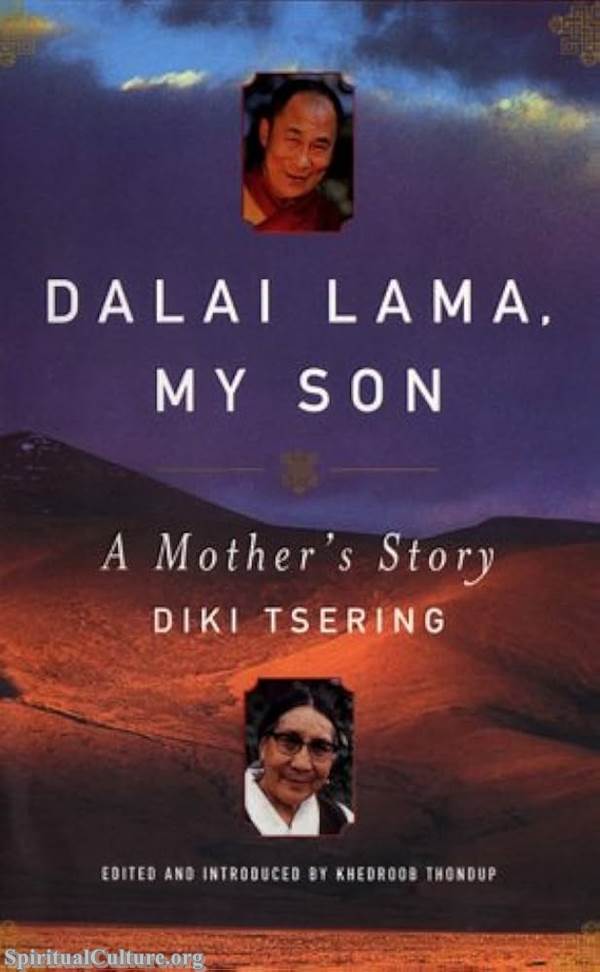
This is a memoir of the mother of the current Dalai Lama, and it provides an intimate look at the life and upbringing of one of the world’s most renowned spiritual leaders. The book is written by the Dalai Lama’s mother, Diki Tsering, and offers a unique perspective on the life of the Dalai Lama and the Tibetan culture.
7. “Living Buddha, Living Christ” by Thich Nhat Hanh
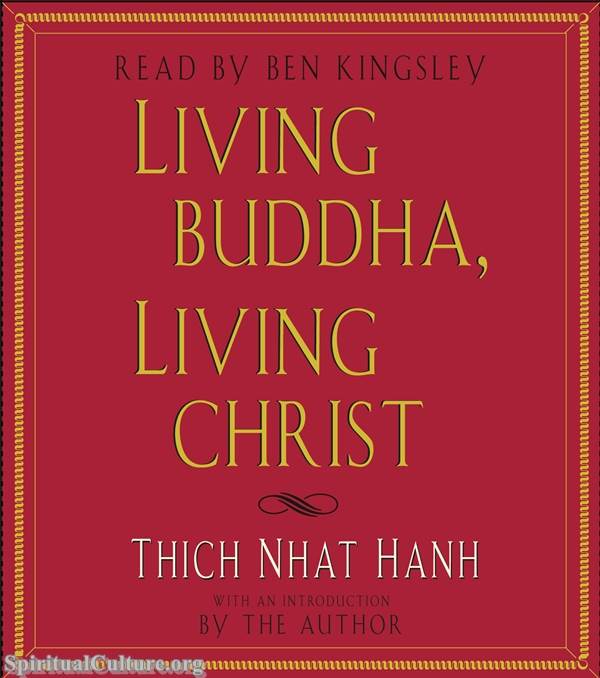
“Living Buddha, Living Christ” is a book that explores the similarities and connections between Buddhism and Christianity and encourages readers to find the “Living Buddha” and “Living Christ” within themselves. It is a spiritual guide on bringing mindfulness and compassion to everyday life. The book was first published in 1995 and has since been translated into several languages.
8. “The Diamond Sutra,” translated by Red Pine
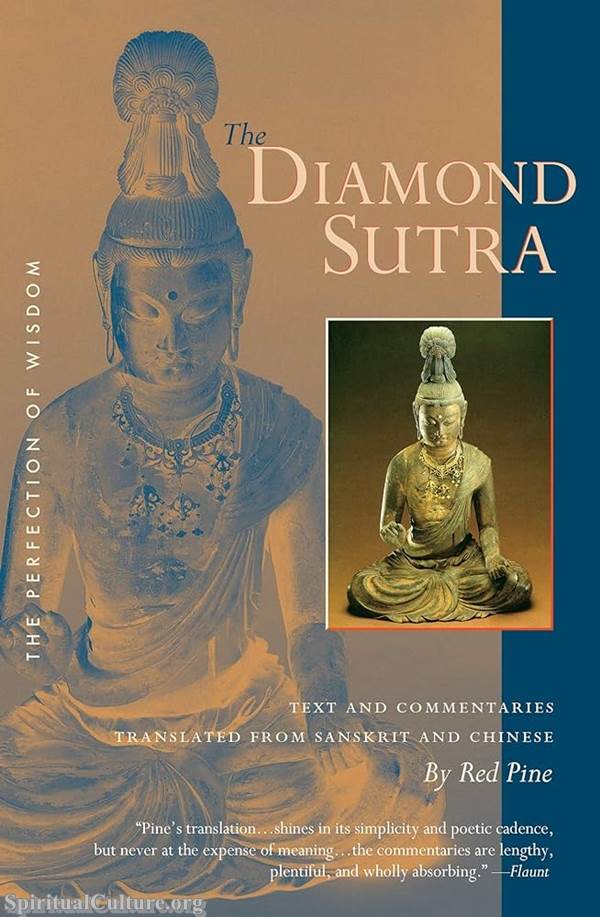
This ancient Buddhist text is considered one of the most important texts in Mahayana Buddhism. It provides teachings on the nature of reality and the path to enlightenment. The translation by Red Pine is widely considered as one of the best and most accurate translations available.
9. “The Art of Power” by Thich Nhat Hanh
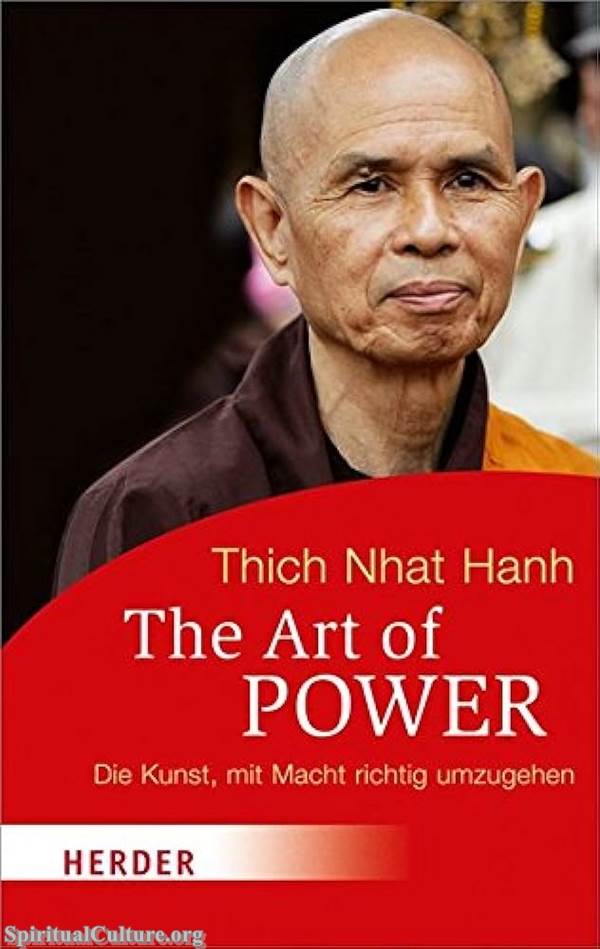
“The Art of Power” is a book that explores the idea of true power and how it differs from the power we often see in the world and offers practices and insights for cultivating true power in our lives and the world. It also explores the relationship between power and mindfulness and how we can use mindfulness to transform our understanding of power and the way we use it. The book was published in 2007.
10. “The Bodhicaryavatara” translated by Padmakara Translation Group

This classic text by the Indian master Shantideva offers guidance on developing the bodhisattva’s compassion and wisdom. The Bodhicaryavatara is considered one of the most important texts in Mahayana Buddhism and is widely studied in Tibetan Buddhism. The translation by Padmakara Translation Group is considered a reliable and accurate translation of the original text.

